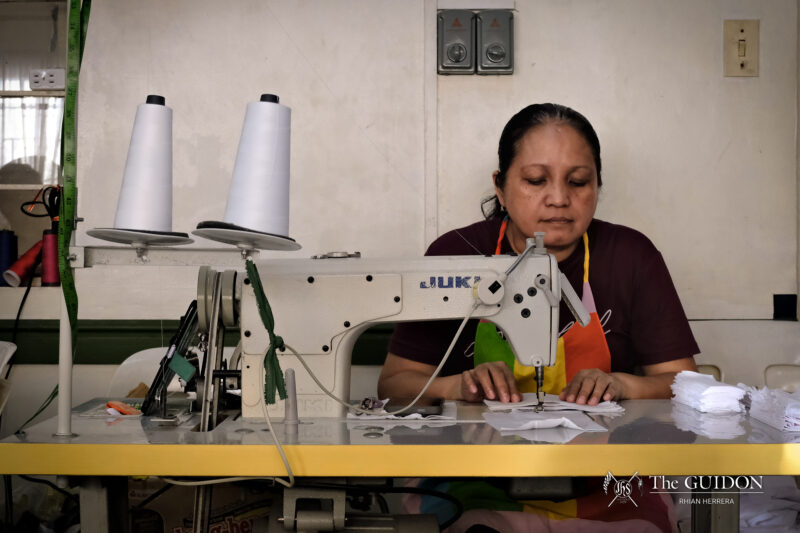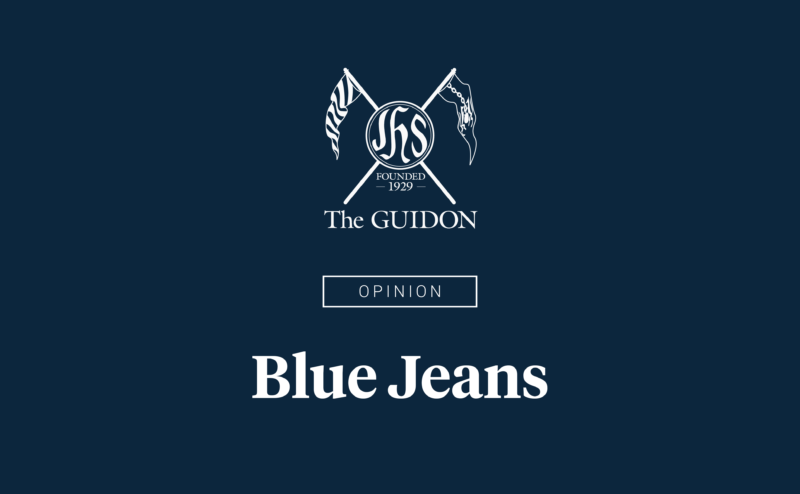Midway through the romantic drama Milan (2014), Claudine Barretto and Piolo Pascual find themselves standing by a lake; Barretto sobs as she looks straight into Pascual’s eyes. She then utters one of the film’s most famous lines: “Mahal mo ba ako dahil kailangan mo ako, o kailangan mo ako kaya mahal mo ako? (Do you need me because you love me, or do you love me because you need me?)”
Nowadays, often while browsing through social media, people come across lines that make them stop and think about their own feelings. It is also not uncommon to hear people comment “Hugot!” in response to what others say. Whether it is about love and relationships or even just about life in general, certain words and phrases seem to effortlessly tug on Filipinos’ heartstrings.
From banats to bad Pinoy puns, we now have hugot. The witty Filipino never ceases to find enjoyment in playing with language in all its forms—the hugot is another means of expression not only for wit, but also for emotions that resonate with Filipinos everywhere.
Language of love
Hugot literally refers to the action of pulling something out, but Filipinos use this word today in a more figurative sense. “We use it in the current trend as ‘pulling something out from somewhere deep,’ often emotionally,” says Director for the Eugenio Lopez Jr. Center for Multimedia Communication Ayo Supangco.
Paolo Apagalang, a writer, producer and director for broadcasting and media production company Sindikato Incorporated, explains further: “I feel like Filipinos are very animated in terms of emotions. We have a lot of positive and negative feelings, drama and anger. We pull it out. Literally, it’s to pull out. Figuratively, it’s to have emotions pulled out of you.”
Some popular Filipino romantic comedy-drama films prove just this. Movie-watchers’ hearts cry out for Popoy and Basha as they say their bitter goodbyes in One More Chance (2007). Fans get that kilig feeling when they see the chemistry between Kenji and Athena in She’s Dating the Gangster (2014) and audiences feel happy for Mace as she gets to know Anthony in That Thing Called Tadhana (2014).
Apagalang, who is also one of the main promoters of #poetees, a line of shirts with clever, poetic quotes about love and life, says that the concept of hugot is nothing new. Besides John Lloyd Cruz and Bea Alonzo movies, hugot also comes from a pre-existing teen culture of emotional angst. He considers hugot as a “subgenre of [the emo culture]” from the 2000s, seeing as how angsty songs from bands like My Chemical Romance were popular at the time.
Supangco shares the same sentiments: “Teens generally have to deal with their angst in creative ways. They use language play or hyperbole to try to express their depth. ‘Hugot’ as a term can be seen as pulling out deep seated angst, like one would a thorn.”
Apagalang also adds that hugot is a coping mechanism. Despite drawing a line from a negative place, there is a way to translate it into the fun format of a witty hugot. “So you just laugh it off. People make fun of these because when you have a problem you can laugh at it and reduce it to something humorous.” In a mix of English and Filipino, Apagalang says that dealing with feelings is made easier this way.
Modern melancholy
Hugot culture has come a long way to attain its place among the Filipino colloquialisms of today, specifically on social media. These new avenues have, among many other things, transformed the process of sharing emotions. Apagalang says that in previous generations, suitors had to court their object of affection in person. This changed to calling over landline and hoping that his or her parents didn’t pick up the telephone, and eventually profile stalking for the current generation.
In the same way, hugot has evolved in the digital age, from sad songs and poems to Internet posts and memes. “[B]ack in the day or just a few years ago… If a girl broke up with you on a Friday, you’d have to wait until Monday before you could tell your friends. Now, with social media, it’s much easier to share your feelings,” Apagalang notes.
These clever coping mechanisms are reaching a larger audience and resonating to people through screens of all sizes. It has also taken a turn for the creative industry as we see them, not only in movies and telenovelas, but also in the form of Internet memes and even witty shirts sold online.
He says that memes, now an integral part in idea sharing on the Internet, play a significant role in spreading hugot lines. He cites a fairly recent trope, “Makati: Minsan city, madalas ikaw,” that erupted on the Internet after Gio Miniano’s Facebook album, with pictures captioned such, went viral. This then prompted users to come up with their own lines. Supangco notes the ease and accessibility of hugot lines, saying, “It’s relatable, often used in humor, and quite easy to use and expand.”
A certain level of wit and humor is needed for hugot lines to stand out and stay memorable, though. The consciousness brought about by the fact that anyone can read a social media post leads people to write lines that others can relate to. Apagalang remarks that people will put a little more effort and edit a few more times for their hugot creation to stand out a bit more. “People now write with the precept, ‘‘Maraming makakakita nito kung nag-post ako sa Facebook (A lot of people will see this if I post it on Facebook),’” he says.
Healthy heartbreak
The viral nature of social media platforms such as Facebook and Twitter combined with the nature of Filipino communities makes it easy for such lines to gain attention. “I feel like we’re very well-knit, well-connected with family and friends,” says Apagalang. Whenever one includes emotions, especially negative ones, in a post, it is inevitable that people will respond.
“We have a very dramatic pop culture,” Supangco adds, providing a reason why hugot terms appeal to Filipinos so much. The critical success of recent movies such as English Only, Please (2014) and That Thing Called Tadhana, both of which heavily involve themes of heartbreak and unrequited love, may perhaps be attributed to this fact. Still, these films are just recent manifestations of a cultural phenomenon that may change from form to form, instead of fading away altogether.
Communication sophomore Michelle Miranda notes that the hugot culture draws from people’s experience, and these sources of emotion will always be there. Apagalang supports this, saying, “We’re never going to run out of people who experience heartbreak.”
“What’s so important about this is that people will always find ways to express their feelings,” he continues, talking about the implications of hugot culture sticking around. Though people may look at these lines and posts negatively, the process of venting out one’s hurt and heavy feelings through creative humor may be healthy.
Apagalang concedes that there will always be both positive and negative perspectives on the hugot, but all in all, it’s important that emotions are released instead of bottled up. Whether it’s through our own tweets and Facebook posts or the appreciation of someone else’s, hugot helps those having hard times get by. “Sometimes when we feel sad, all we need to know is that there’s someone else in the world who’s going through the same thing as us. Hugot gives you that, I think that’s important.”







